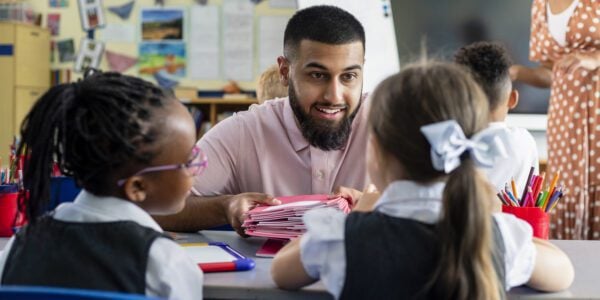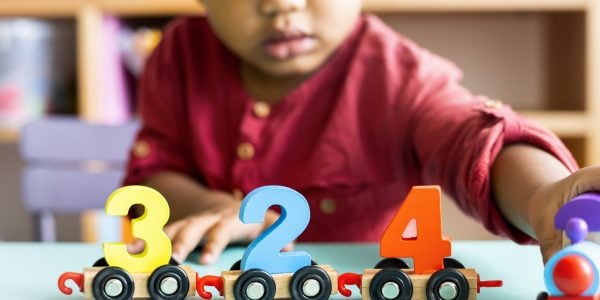Participating in organised sports and joining after school clubs can help to improve primary school children’s academic performance and social skills, new research shows.
Funded by the Nuffield Foundation, researchers from NatCen Social Research, Newcastle University and ASK Research analysed information on more than 6,400 English children born in 2000-01 who are being followed by the Millennium Cohort Study.
Children taking part in organised sports and physical activities at the ages of 5, 7 and 11 were almost one and a half times more likely to reach a higher than expected level in their Key Stage 2 (KS2) maths test at age 11. No relationship was found between organised sports and activities and KS2 English and science scores.
Among disadvantaged children, those who attended after school clubs also fared better than their peers who did not take part in such groups. They achieved on average, a 2-point higher total score in their KS2 assessments in English, maths and science at the end of primary school.
This is equivalent to two-fifths of the ‘attainment gap’ between poorer children who score, on average, a total of 53 points at KS2 and those from more affluent homes, who gain 58 points.
The study’s lead investigator, Dr Emily Tanner, of NatCen, said: “Results showed that sports clubs were positively associated with attainment outcomes at age 11, even when accounting for prior attainment at age 7.
“For children from economically disadvantaged backgrounds, who have lower take-up of formal out of school activities, school-based clubs appear to offer an affordable and inclusive means of supporting academic attainment.”
From the ages of 5-11, formal sports club activity was dominated by children from more well-off families. This peaked at age 7 with almost 4 out of 5 taking part, compared to only 2 out of 5 of those from poorer homes.
In comparison, roughly equal numbers of children from both backgrounds were involved in after school clubs at ages 5, 7 and 11.
The researchers also discovered that children who participated in organised sports and physical activities at any time during primary school had better social, emotional and behavioural skills than those who did not take part.
This was also the case for disadvantaged children who had attended an after school club during primary school, compared with other poorer children who had never joined one.
The findings took into account background factors such as child gender, ethnicity, age and family structure, as well as parental income and occupational class.
Dr Tanner said: “The recent Budget announcement to direct money raised by the tax on sugary drinks towards funding sport and after school activities suggests policymakers are recognising the wide-ranging benefits of these activities.
“After school clubs, based on school premises, seem to be an easy vehicle for policymakers and educators to ensure that children have access to both the core curriculum and wider enriching activities.”
Notes
- The study’s authors have defined disadvantaged children as those whose family income was below the poverty line (below 60% of the median equivalised household income) in at least two of the three MCS interviews during primary school.
- During the MCS surveys, parents were asked if their child took part in a range of activities outside school lesson time. These included a wide range of organised sports and physical activities, from swimming lessons, dance classes to football training.
- Participating in organised sports and activities had a greater effect than after school clubs on the assessment scores of more well-off children. After school group attendance had a greater influence on the test scores of disadvantaged children than those of their more affluent peers.
- The UK national curriculum is organised into blocks of years called ‘key stages’. There is a formal assessment at the end of each key stage, which measures children’s educational progress compared with other pupils of the same age across the country. Key Stage 2 is the four years of schooling in England and Wales, when pupils are aged between 7 and 11. At Key Stage 2 the national expected attainment is level 4.
- The Millennium Cohort Study is following 19,000 young people born across the UK in 2000-01, building a uniquely detailed portrait of the children of the new century. The study is funded by the Economic and Social Research Council and a consortium of government departments, and managed by the Centre for Longitudinal Studies at the UCL Institute of Education. Visit www.cls.ioe.ac.uk/mcs



















































